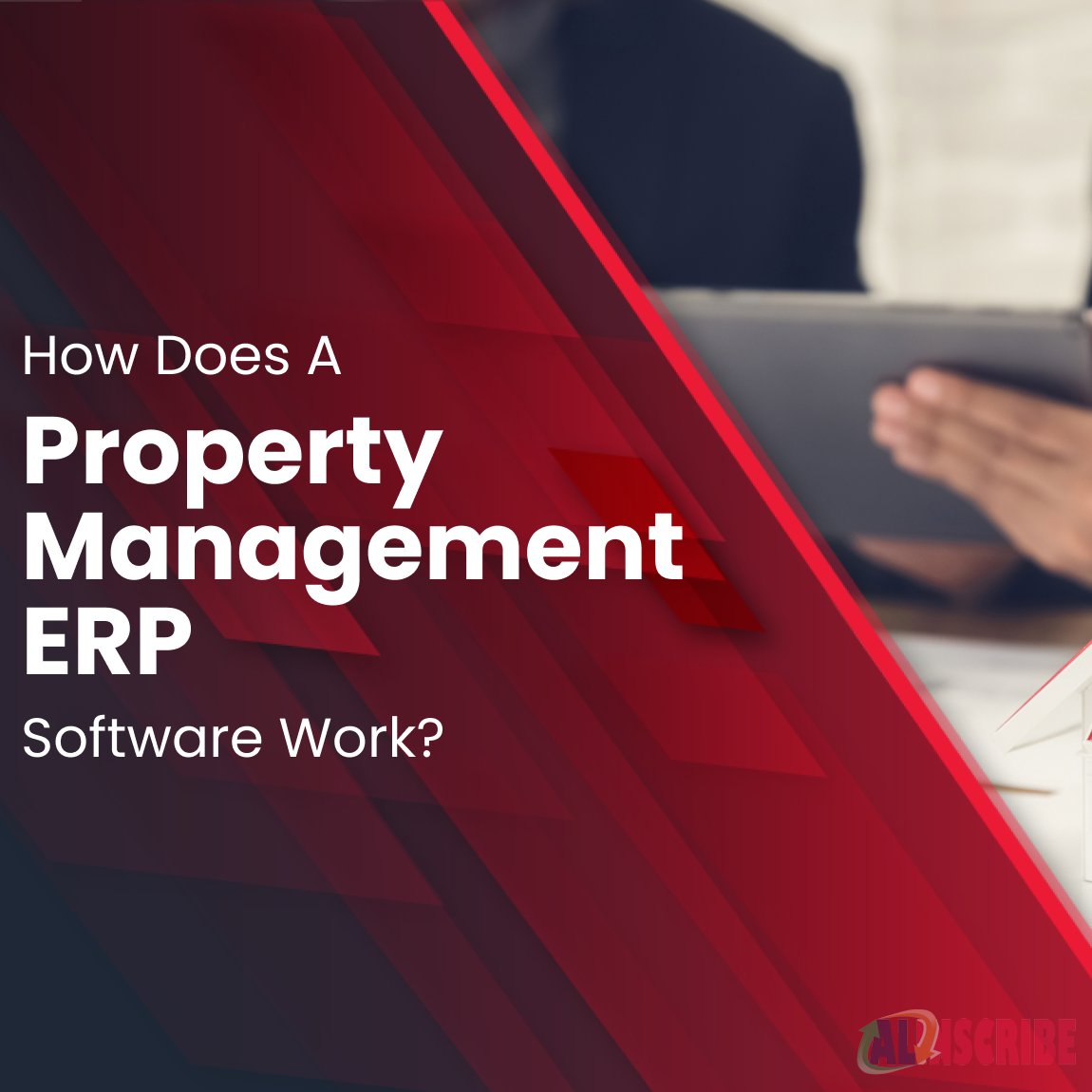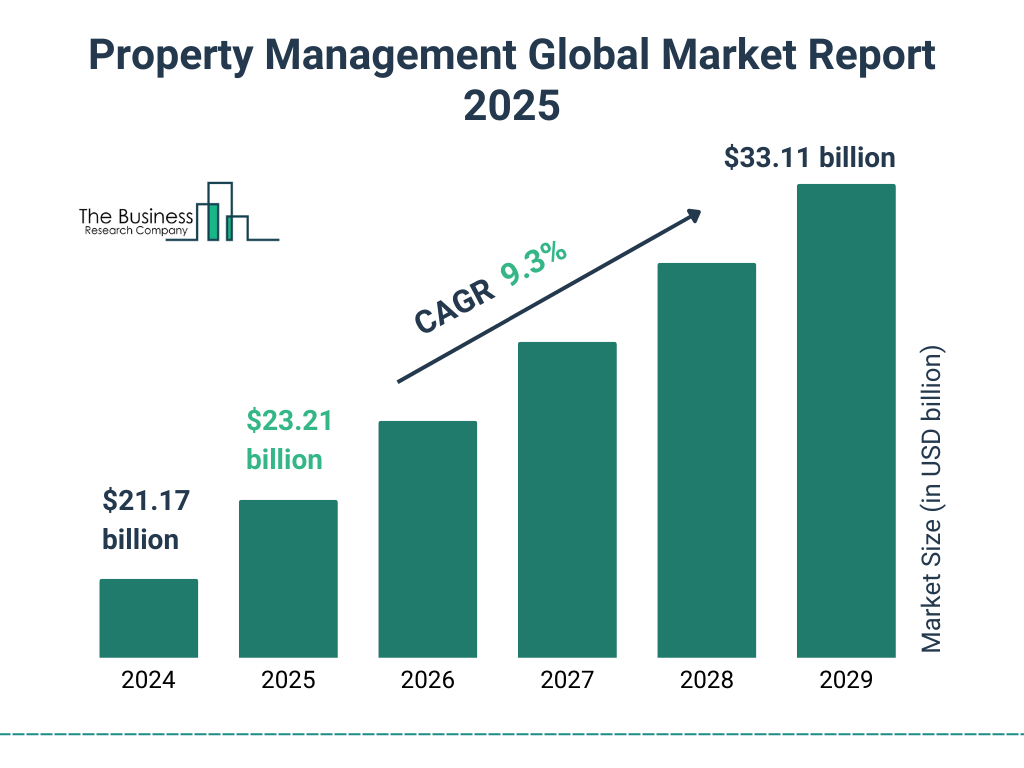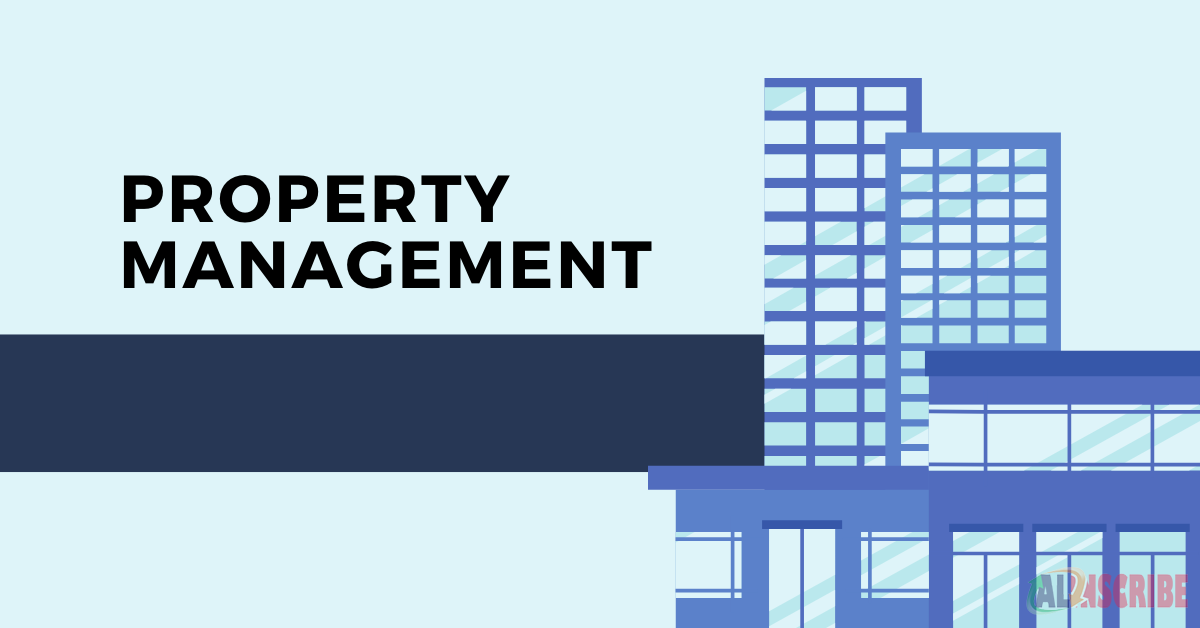What Is Property Management ERP Software And How Does It Work?

Property management ERP systems have rosed to popularity quite a long time ago. One of the primary reasons behind the preferences of property management ERP is the fact that it helps in completing one of the most complicated tasks of real estate business.
Undoubtedly, property management ERP is extremely crucial for such a highly competitive industry like real estate industry. Since real estate companies generate and store much more data than most of the other industries, it is important for them to adopt technical tools to manage those without facing much trouble.
Moreover, real estate companies are known for their unique requirements and needs as there are a ton of complexities to be associated with the nature of their business. It is required for the property management ERP solutions to meet each and every needs and streamline business operations with great efficiency.
In this article, we will discuss about the definition of property management ERP along with explanation on how the system work to support all the complex and complicated needs of a real estate business. Keep reading the article to gain some valuable insights on property management ERP solutions.
Definition of property management ERP software
Property management ERP is the type of ERP solution that is designed to manage properties while keeping and organizing a large amount of data seamlessly. With the help of a property management ERP solution, you can easily automate several business processes and eliminate the risk of errors effectively. Additionally, it becomes easy to organize and store large amount of data within a single interface.
The primary works of a property management ERP is to plan, schedule, streamline and organize the property resources that your real estate company has under its radar. Implementation of a property management ERP can minimize your costs, manual effort and error while maximizing productivity more than ever.
Property management ERP systems require to be customizable, scalable and flexible in order to support all the unique and complicated business requirements of a real estate business. Implementing a good and functional property management ERP can help you in enhancing your company’s performance better than ever.
Property management statistics

Source: The Business Research Company
Just as the above picture depicts, property management market has witnessed a steady growth over the period of more than a decade. The market is set to grow from $21.17 billion in 2024 to $23.21 billion in 2025. The CGAR growth rate stands at 9.6%, which is certainly a significant opportunity for the property management companies.
This kind of growth can be taken advantage of by implementing a functional property management ERP system. Thus, investing in ERP solutions for managing property in real estate business is certainly a very wise choice.
Key features of property management ERP solution
Even though property management ERP systems need to be flexible enough to respond to every complex requirement of a real estate company, there are still some of the most common features that should be integrated in the solutions. These features can be considered as the key features of property management ERP solutions.
These features are discussed below,
Resource & asset management
Resource and asset management feature is the most important functionality that needs to be presented in a property management ERP software without any doubt. With the help of this feature you can plan, list, organize and monitor your properties along with having easy access to every little detail associated with the same. Upon implementing a property management ERP, it is possible to gain a quick overview of all the properties. Moreover, you can use categories and tags to categorize the properties based on their sizes, areas, availability, etc.
Lease management
Implementing property management ERP systems means streamlining the process of lease management. Lease management is certainly one of the toughest tasks to be associated with the course of a real estate business. Managing all the information such as details of the lessees, rental value, conditions, deadlines, monthly reports, contracts, is certainly a hassle to complete manually. However, considering the assistance of a property management ERP solution can help you managing all these information effortlessly. All you need to do is to manually incorporate the information within the predetermined fields and the system can manage everything on it’s own with just a few clicks.
Additionally, property management ERP systems boasts a secure interface, which reduces the risks of data breaches and data silos while centralizing your data efficiently.
Custom dashboard
Custom dashboard feature allows the users to customize their dashboards with industry-specific factors. With the help of this feature a real estate company user can customer dashboard with intuitive trends and analytics that can offer real-time insights. These real-time insights can drive a company towards making more data-driven and informed decisions, which can bring more success than the company has ever witnessed.
Some examples of custom dashboard features include property status, cashflow, income expense and so on.
Sales & marketing management
A property management ERP is incomplete without sales and marketing management features. Property management ERP solutions offer fully automated marketing management, which makes it easier for the marketers to plan, manage and promote all the marketing campaigns that a company may have. Some of the property management ERP systems even provide free templates for emails, which saves both time and resources.
The sales management feature list every sale that your company has made, updates the lifecycle and keep record without leaving any room for any error. You are also offered with monthly or yearly reports that allows you to determine effective strategies to enhance your company’s performance.
Cashflow & invoice management
When it comes to property management there us no way you can eliminate cashflow and invoice management from the list of your must-have features. With the help of this feature, you can manage your payment reminders, cash receipts, and cash flow seamlessly. You can also generate invoice PDFs with just a few clicks. Property management ERP solutions ensure that you are never missing out on important payments that need to be taken care of in time.
Reports & analytics
Modern property management ERP solutions have AI integrated in them, with the help of which you can gain a real-time view of your market, understand on-going trends and determine important strategies. You can also get your hands on data-driven reports and find out the weak areas of your business. This will certainly help you in enhancing your company’s performance strategically with more chances of overall success.
The above mentioned ones are some of the key features of property management ERP. However, these features are not limited here. A good and functional ERP system will have more unique features to support unique requirements of a real estate business.
Benefits of implementing a property management ERP software
In this section of the article, we will discuss the benefits that you can acquire by implementing property management ERP software for your real estate business. Some of the most common benefits are discussed below.
Enhanced productivity
Once you implement property management ERP in your business you will see a noticeable enhancement in your company’s overall performance and productivity. Elimination of redundant tasks and automating several complicated business processes are two of the primary tasks to be performed by the course of a property management ERP solution. Automation saves a great deal of time and minimize the risk of errors, which is certainly effective for enhancing the productivity of your company.
Maintaining regulatory compliance
Real estate industry is one of the industries to witness rapid changes. These changes reflect on the legal and professional license factor as well. The credibility of a real estate company significantly depends on the maintenance of regulatory standards. Failing to do the same can not only bring several risks but also disrupt the entire business of a company. Managing reputation and regulation manually can certainly be tough. However, when you opt for a property management ERP, it does the work for you. These ERP systems organize all the crucial data and manage audits and compliance seamlessly. It becomes easier to stay within the threshold of law when you implement property management ERP software.
Better collaboration
Property management ERP solutions centralize data and make those easily accessible by the users all over the organization. In this way your sales and marketing team can easily promote the properties that are available without having to wait for updates. Also, your accounting team can gain an insight of monthly or annual sales without having to ask sales team for so. Thus, you gain better collaboration and faster task completion when you opt for property management ERP solutions.
Reduction of costs
Implementation of property management ERP is a one time investment. Upon implementing of this software, you can eliminate several operational costs, which is undoubtedly beneficial for your company. Moreover, it can also save you from several penalties and fines by ensuring regulatory compliance. Thus, opting for property management ERP translates to saving expenses significantly. Tactic ERP & CRM is one of these property management software that offers quality service under an extremely affordable cost structure. Tactic possesses advanced features that can easily support the business operations that are crucial for managing properties, which makes it one of the best choices for the small companies. You can check out what Tactic has to offer by logging into the Tactic Demo.
There can be more benefits than the above-mentioned ones. However, those may depend on your business requirements and the property management ERP solution that you choose for your company.

Challenges of implementing property management ERP
Just like any other implementation task, implementation of a property management ERP also have some specific challenges associated with it. These challenges need to be overcome in order to complete the implementation successfully.
Some of the most common challenges are explained below,
Rigid company structure
Real estate companies tend to have more rigid structure than any other sector. These are also sometimes very unorganized as well, which makes it tough to define the access of property management ERP as per users. Implementation of software systems always need to be followed by user creation and permission provision. If the company structure is rigid or unorganized, it becomes tough to determine which users should have access to which modules or functionalities. Thus, the implementation may end up resulting in failure all together.
Lack of technical knowledge
Since real estate is managed more practically and less remotely, most of the employees and managers are more accustomed with manual processes. They can be quite resistant towards embracing new tools and technology or fail to use technical tools properly after the implementation, which is certainly bothersome.
Data duplication
Shifting to a new technology means transferring all the existing data to a new system, which is both time-consuming and risky to perform. Duplicating data manually or by third-party applications can be a factor to allow errors. And incorporating wrong data within the new systems means wrong reporting and analysis, which can impose legal risks and end up in data breaches.
Prolonged period of training
If your workforce consists of an aging manpower, then it is automatically assumed that they will not be very tech-savvy. Using property management ERP requires a basic to advanced level of technical knowledge to extract most of the benefits. Hence, you will have to train your workforce to do so. These prolonged training period can take up a lot of time and slow down your growth period, which is certainly not welcoming.
Overcoming these challenges
Challenges and difficulties are inevitable but those are temporary of you know how to overcome those. Here we will discuss some of the methods to overcome the above mentioned challenges effectively.
The solutions are provided below,
- Before implementing property management ERP, make sure to reform your company structure. A flexible and well-organized company structure is recommended for implementing any ERP solution.
- Make sure to let your employees know about the benefits that your company will gain by implementing property management ERP. Once they understand how it will benefit their professional career and reduce their workload, they will readily accept the change.
- Hiring professionals to do data duplication for your company can be a helpful solution for error-free data duplication.
- There are a lot of property management ERP solutions available in the market. Hence, we would recommend to choose the one that is easy-to-use and navigate. This way you will not have to invest much time in training your employees.
Conclusion
At the end of this article, it can be stated that property management ERP is certainly a necessary addition to any real estate business. It can offer several benefits and enhance the overall performance of the company without any error. However, there are certain challenges that need to be overcome for extracting benefits of implementing property management ERP solutions.
Article Comments
Similar Articles
Articles Search
Sponsor
There are zero sub-categories in this parent category.
There are zero sub-categories in this parent category.
There are zero sub-categories in this parent category.
















